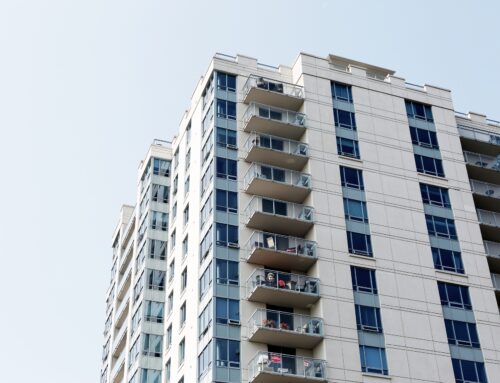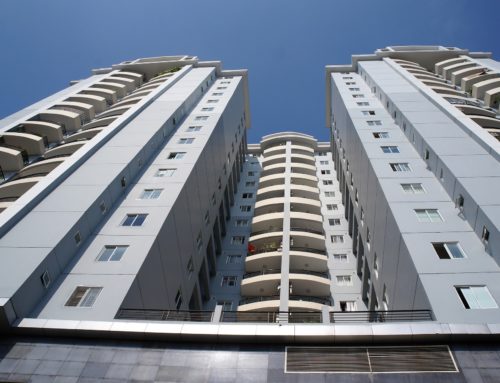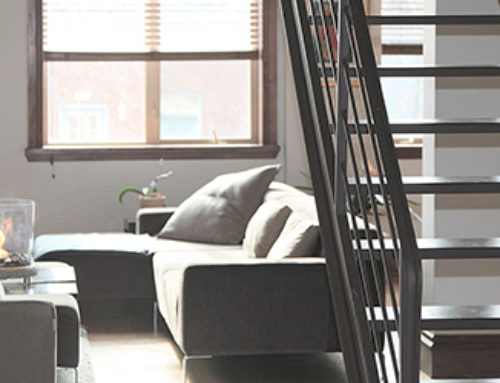If you own a condo in Florida, you’ve probably wondered why you’re being told to buy an individual insurance policy – especially when you’re already paying monthly condo association fees. Shouldn’t those fees cover insurance? It’s a common and understandable question. The short answer is: your condo fees do cover some insurance, but not all. To fully protect your home and belongings, you likely need an additional policy. Let’s break down how condo insurance works in Florida and why a separate policy is usually necessary.
What Does the Condo Association’s Insurance Cover?
Your monthly condo fee typically helps fund a master insurance policy maintained by the condo association (or HOA). This policy generally covers:
- The structure of the building (walls, roof, elevators, common areas)
- Common property (pools, hallways, parking lots)
- Liability for injuries in shared areas
Depending on the association’s policy, the coverage may extend to your unit’s interior walls and basic fixtures, but only up to a certain point. These policies may be:
Bare walls coverage: Covers only the basic structure (drywall, studs) and shared systems like plumbing and electricity.
Single entity coverage: Extends coverage to things like flooring, cabinets, and fixtures as they were originally installed, but not upgrades or personal property.
Most master policies do not cover anything you own inside your unit or improvements you’ve made, liability inside your condo, or temporary living expenses if damage forces you to relocate.
What Does HO-6 Condo Insurance Cover?
HO-6 insurance – also known as a condo unit owner’s policy complements the master policy by covering the things the association does not. An HO-6 policy typically includes:
Personal property coverage: Furniture, electronics, clothing, and other belongings.
Interior unit coverage: Flooring, cabinets, countertops, appliances, and upgrades made by you or previous owners.
Liability protection: If someone is injured inside your unit and sues you.
Loss of use: Covers temporary housing and related expenses if your condo is uninhabitable due to a covered event (like fire or water damage).
Loss assessment coverage: Helps pay your share of repairs if the condo association’s insurance is insufficient or there’s a special assessment.
Why Is Additional Insurance Essential in Florida?
Florida presents unique challenges due to its exposure to significant storms and flooding. Most condo association master policies cover windstorm damage, but often have high deductibles. Without your own policy, you could be responsible for many repair costs.
It’s also important to know that most standard condo or HO-6 policies do not cover flood damage. If you live in a flood-prone area, a separate flood insurance policy may be necessary, even if the association insures your building.
Can You Rely on the Association’s Policy?
Relying solely on the condo association’s insurance is risky. If your unit floods, your belongings are stolen, or someone slips and falls inside your condo, the master policy likely won’t help you. Without an HO-6 policy, you’re exposed to:
- Financial loss from personal property damage
- Legal liability for accidents inside your home
- Assessment charges for damage to shared areas not fully covered by the master policy
Many mortgage lenders in Florida actually require you to carry an HO-6 policy for this reason.
Anderson & Associates Insurance Group Can Help with Condo Insurance
Think of condo insurance in Florida as a shared responsibility. Your condo fees fund the building’s and common areas’ coverage. Your HO-6 policy protects what’s inside your unit. If you’re unsure about what your association covers, ask for a copy of the condo master policy and review it with a professional insurance agent.
Anderson & Associates Insurance Group offer expert guidance for condo insurance, as well as all other major types of personal insurance needs. If you are a Manatee or Sarasota County resident and are looking for a professional insurance partner, call Anderson & Associates today.










